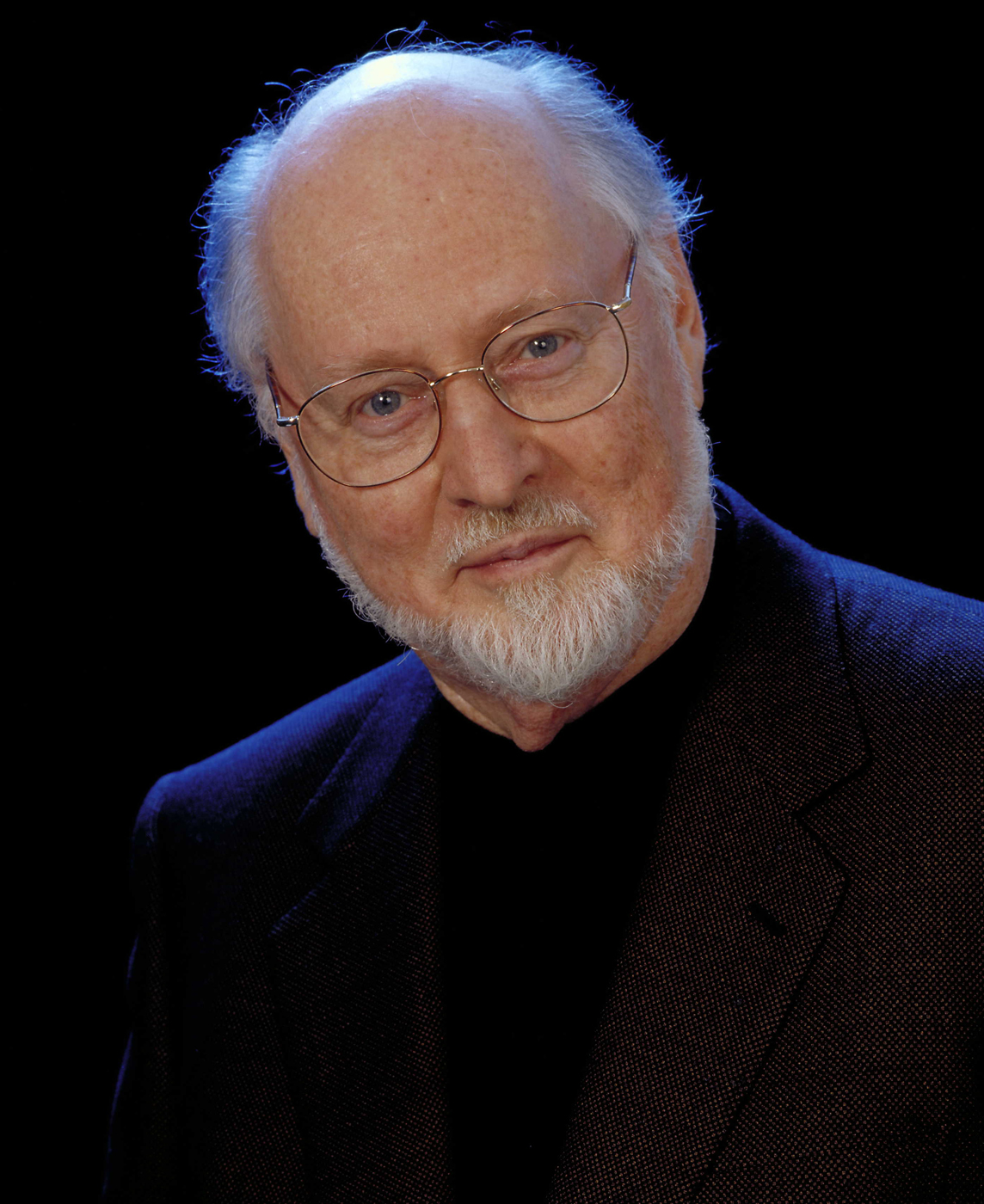What would Star Wars be without John Williams? The opening blast of horns, percussion and strings in the Star Wars theme is one of the most iconic moments in all of cinema. The music score for the film we now know as Episode IV: A New Hope has more than stood the test of time, being named #1 on the American Film Institute’s list of the all-time best movie scores, and each successive entry in the series only added to that legacy. Songs like the Cantina Theme, the Imperial March, Duel of the Fates and Battle of the Heroes are hummed across the world by hardcore fans and casual moviegoers alike. The series’ collective soundtrack ranks with the most iconic and influential film scores of all time.
You don’t have to rely on imagination to wonder what Star Wars would be without its soundtrack. If you watch the first trailer cut for the first film, you see iconic scenes from the Death Star escape and the cantina fight unfold in almost complete silence aside from a stock synthesized beat. It’s an eerie experience. John Williams gave the Star Wars films a sound that is at once classic and distinctive, filled with blaring trumpets, shouting horns, soaring violins, humming cellos, pounding drums and crashing cymbals. His work is a substantial part of what has made the films such icons of pop culture for the last four decades.

Yet, nothing lasts forever. Episodes VII, VIII and IX are on their way, and while Williams is signed on for the saga’s seventh installment, the later films and any other projects, such as the spin-off films, are ostensibly up for grabs. John Williams is, after all, only human, and was already close to retiring once in the 1990s. He may, after completing work on Episode VII, simply choose to hand the Star Wars baton off to another composer in much the way George Lucas himself passed his company and franchises onto Kathleen Kennedy and the Disney executives. He may alternatively decide to score only the numbered sequels, leaving the spin-offs to others.
If and when John Williams leaves active Star Wars music production behind, there are plenty of contemporary composers and conductors ready to take over. The list of potential replacements and their credentials might well go on and on for paragraphs. The worry most of us would have is not knowing the style and tone of the music another composer would, well, compose, and whether it “fits” the Star Wars ideal. Unless the movie following Episode VII is accompanied entirely by dubstep, however, I doubt that will be an issue. The esteem for the Star Wars film score will never change, and any true change or difference in score will likely come from lesser projects or spinoffs, where the impact will not be as widely felt and the stakes are not as high.
To use an example that’s already occurred, when The Clone Wars was in production, veteran TV composer Kevin Kiner was given the task of scoring the entire series, composing for 117 episodes in total, over 2,500 minutes of total material counting the movie and Netflix-exclusive sixth season. Kiner, unlike Williams, did not solely utilize classical orchestral music, which would have been impossible on a TV production schedule and budget. Instead, he diversified the instruments, tones and melodies used to the point where many songs from TCW’s soundtrack no longer sound like Star Wars music in the traditional sense. Kiner knew that he was stepping into very, very large shoes, and decided that rather than take on the traditional Star Wars soundtrack directly, he would forge his own path.

As hindsight shows, that was not a bad thing. TCW was a massive undertaking on all fronts, and 117 episodes of music that was nothing but remixes and riffs off of the film scores would have become tiresome, not to mention lazy. His work was often divisive in the early going of the show for being too different. In the end, however, he won over fans and critics alike, especially with his work on the series’ four-part broadcast finale done with a live orchestra, and his appointment to work on the spiritual successor series Rebels was widely praised.
But Kiner’s impact goes beyond just making good music that fans would embrace. What Kiner did with his work on TCW was open the door for a new wave of potential styles and compositions to be introduced to the Star Wars franchise. While John Williams’ classical work will always be associated with the original and prequel trilogies themselves, a new era of Star Wars media is fast approaching, and opening the franchise (and fans) to a more diverse musical experience will allow those projects to differentiate themselves from the classic films in a tangible, immediate way. Distinguishing the new projects from the old, and each other, will become more and more important to keep the franchise from growing stale, and having more composers and varied musical styles is an ideal way to do that without a frame of film being viewed.
What sort of music will the new films be scored with? Will the spin-offs follow the numbered films’ lead or take their own approach? Will Rebels be more traditional than The Clone Wars was or will it also march to the beat of a different drummer? Only time will answer any of these questions. The last thing a quality composer taking on a Star Wars project should do is lose sight of the fact that they are following some of the most beloved soundtrack composition in history. But neither they nor the fans should be afraid of taking risks, of breaking the mold a little, of innovating instead of stagnating. John Williams scored A New Hope with a style of music no one in Hollywood had used for twenty years. Kevin Kiner honored Williams’ work while being simultaneously unafraid to experiment, expand and diversify. Following the leads of both men will keep the spirit of the Star Wars musical score alive for all future projects, regardless of who is composing it.

Don’t forget the amazing soundtracks of the KoTOR games (including TOR). Very Star Wars but with different themes. One of my favourites is the track “Justice, The Jedi Knight” from TOR: https://www.youtube.com/watch?v=Gh-dzEeg1a0